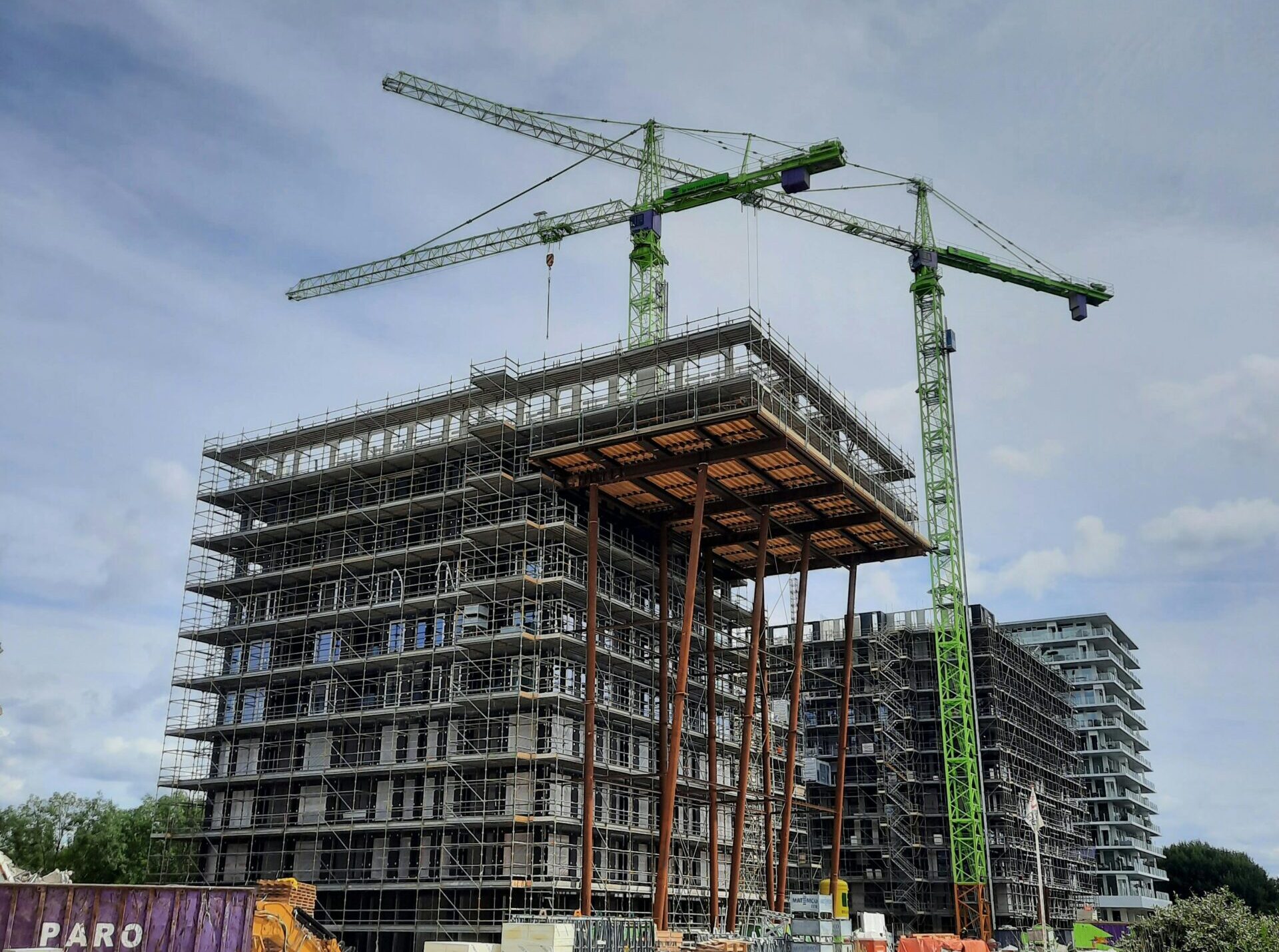Construction sector witnessed a significant surge in building permits for July 2024, after experiencing consecutive declines in the previous months. The total value of permits soared by 22.1% to $12.4 billion, marking a major turnaround for both residential and non-residential sectors. This growth highlights renewed confidence in the Canadian real estate market and broader economic expansion.
July’s gains in residential construction were substantial, driven largely by the demand for multi-unit dwellings. The value of residential permits jumped by 16.7%, reaching $7.6 billion. The real catalyst for this growth was the multi-unit component, which surged by 29.3%—an increase of $1.1 billion—while single-family construction saw a slight decline of 1.9%, or $50.3 million.
British Columbia was at the forefront of this rise, reporting a 152.1% increase in multi-unit construction intentions, equivalent to an additional $766.8 million in permits. The City of Richmond played a key role in this sharp uptick. Alberta also saw robust growth in this category, with a 33.1% rise worth $141.0 million, followed by Ontario, where multi-unit permits rose by 7.7% or $122.6 million.
In total, 20,700 new units in multi-unit buildings and 4,100 single-family homes were authorized in July, showcasing a clear preference for higher-density housing in urban areas. From August 2023 to July 2024, a cumulative total of 266,200 new housing units were approved across Canada, further emphasizing the sustained demand for housing solutions, particularly in the multi-family segment.
While the residential sector demonstrated strong recovery, the non-residential sector outpaced it, recording a 31.8% increase in building permits, with the total value climbing to $4.8 billion in July. Growth was distributed across all non-residential categories—commercial, industrial, and institutional—with Ontario and British Columbia leading the charge.
Ontario saw a 23.8% rise in non-residential permits, which totaled $2.2 billion. Notably, the industrial component in the province skyrocketed by 99.3%, contributing an additional $338.0 million, marking a record high of $678.3 million.
British Columbia’s non-residential sector mirrored Ontario’s rapid expansion, reporting a 99.2% increase that amounted to $869.1 million in total. This growth was driven by a massive 349.2% rise in industrial permits, valued at an additional $168.4 million. Gains were also substantial in institutional construction, where permits increased by 383.0% (+$157.6 million), and commercial permits, which rose by 30.8% (+$106.8 million).
With a constant dollar increase of 22.9% month-over-month, the inflation-adjusted value of building permits reflects real growth, undeterred by inflationary pressures. On a year-over-year basis, the building permit values are up by 3.4%, further underlining the resilience of Canada’s construction industry amid global economic uncertainties.
As multi-unit residential projects continue to fuel housing growth, industrial expansions are setting new records, especially in Ontario and British Columbia. The substantial increases in building permits highlight the strength of Canada’s economic foundations and suggest continued growth in the near term, as demand for housing, infrastructure, and industrial development shows no signs of slowing down.

